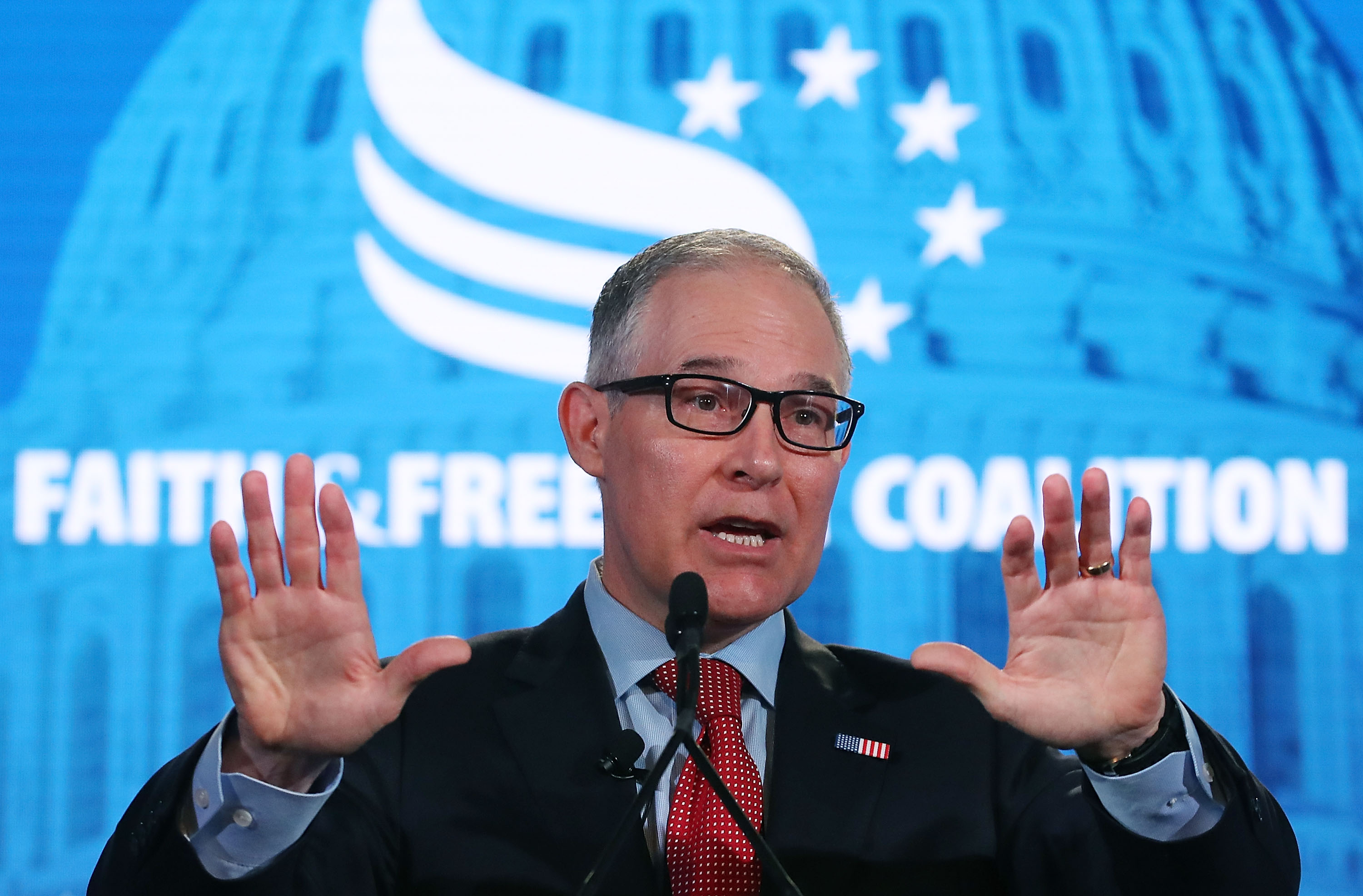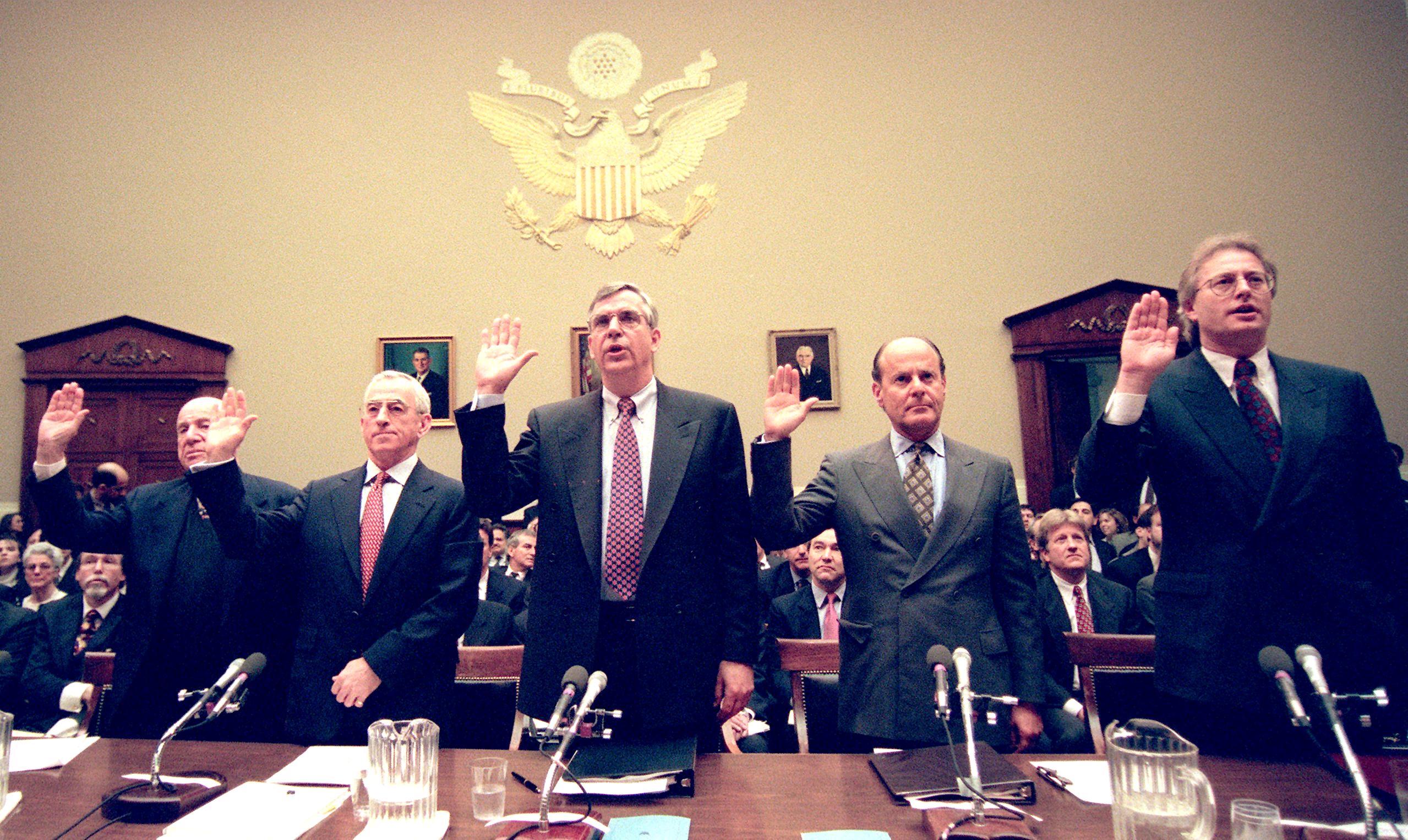If you spend an absurd amount of time on the Internet, as I do, every once in a while, you’ll see some right-wing pundit attempting one of their most consistent gambits: A prominent figure on the right—someone like Ben Shapiro, say—will insist that a Democrat, leftist, or someone else who disagrees with their views, debate them.
To a political outsider, or to someone who hasn’t spent an inordinate amount of time following the discourse around the discourse, a debate between two people who have opposing views might seem relatively innocuous, even educational. But for the person opposing the right-winger, the debate is often lost as soon as it is proposed. If they refuse, then the right gets to boast that the invited party was too intimidated by the right’s superior intellect. If they accept, and aren’t thoroughly prepared, the right-winger will likely lie, derail the conversation, and warp their opponent’s points so much that they can sometimes win by default. As Miles Klee wrote for Mel Magazine, “‘Debate me,’ then, isn’t the prelude to a debate—it is the debate, over before it began, a lose-lose dilemma for the person targeted.”
There are debate scenarios in which the right can be soundly defeated (and they know it, which is why the right will often quietly back out of debates they proposed themselves). And there are scenarios in which a left-right debate can be of value. But those debates, like one at Pomona College that Nathan J. Robinson of Current Affairs participated in and wrote about last year, are usually about something where there’s reasonable room for debate. Robinson’s debate, for instance, was about capitalism versus socialism—a well-worn topic, but it resulted in a pertinent and informative debate.
Lately, though, the White House has been trying to pose a particularly inane form of debate about the existence of climate change. Various members of the Trump administration have been pushing the idea since 2018, following an original proposal by Scott Pruitt, former head of the Environmental Protection Agency.

(Photo: Mark Wilson/Getty Images)
This is an instance of a debate not at all worth having. First, the points have been so thoroughly litigated that there are hardly any new arguments either side could make that anyone who’s paying attention doesn’t already know. Second, these debates are a losing situation for whatever poor climate scientist the White House forces to participate: The “red team-versus-blue team” debate would pose climate denial and climate science as equal partners, in a wildly false equivalence that would thus lend disproportionate legitimacy to the “red team.” These dangerous attempts at making climate denial more credible are a reminder of why the Democrats would be wise to center climate science and policy in their upcoming primary debates.
Mainstream scientists aren’t falling for the White House’s latest debate ploy. As E&E News reports, scientists who accept that climate change is real have indicated that they’re “unlikely to participate.” Instead, the White House is considering either forcing NASA scientists to participate, or else releasing a series of “white papers,” in which climate scientists and climate deniers each advance arguments for their side. Whatever option the White House settles on, the Trump administration’s insistence on a climate debate is no more than an old stalling tactic, used most famously by the tobacco industry, to sow enough skepticism among the public over the climate crisis that fossil fuel companies can retain their grip on the energy system in the United States.
Lies have a particular staying power. The tobacco industry knew this, and used misinformation to its advantage in the mid-to-late 20th century. We know now that the tobacco industry, through lobbying and advertising campaigns, sowed doubt about the health effects of cigarettes. And they did so long enough to keep getting people addicted to cigarettes for decades.
“[Tobacco lobbyists] could convince America that the science wasn’t settled yet … and as long as people remained in that position of doubt, as long as they remained in that position of uncertainty [the lobbyists] wanted, many millions of Americans continued to smoke,” says Anthony Leiserowitz, director of the Yale Program on Climate Change Communication.

(Photo: Jessica Persson/AFP/Getty Images)
There has been a revolving door between the fossil fuel and tobacco industries since the 1950s, as documented in a 2016 study. Certain scientists and public relations figures, trained in the obfuscation of science, have worked for both industries to obscure the facts, according to an investigation by the Center for International Environmental Law. Tobacco eventually fell out of favor among the public, but only decades after the science had clearly shown cigarettes to be unhealthy. Fossil fuels, on the other hand, are still central to our energy systems.
As Leiserowitz has observed in the past, more Americans than ever before—73 percent—now accept the reality of climate change. But that’s not anything like Americans’ consensus about smoking. According to Gallup polls, for instance, public opinion that smoking is either “very” or “somewhat” harmful has hovered between 95 and 97 percent in recent years.
The fossil fuel industry and the conservatives who perpetuate industry propaganda have run a successful smear campaign against climate science for decades. The Trump administration’s attempts at a climate debate represent a continuation of this push to legitimize climate denial.
The White House’s climate messaging is especially dismal when juxtaposed with the news that the Democratic National Committee remains staunchly against holding a climate debate for the 2020 presidential run. Without a true, legitimate debate among the only party that seems to care about the problem, a White House debate that disproportionately represents climate denial would echo even louder.
If the DNC insists on quashing a climate debate, the next best thing would be to center climate in the regular debates. High-level, high-visibility debates, with no one on stage who denies that climate change is real, could elevate the issue even further and continue getting the public onboard with solutions. As Robinson Meyer argues in the The Atlantic, a climate debate among politicians who are informed about the topic and ready to propose real solutions could be informative and galvanizing for voters. “Climate is a top-tier issue for voters in the Democratic Party,” Meyer writes, “yet voters remain somewhat underinformed about it. This [discrepancy] is … exactly what a debate could address.”
Democrats can’t do much to stop the White House from holding whatever dreary fake debate they settle on in the end. But in the Democratic debates, the DNC has the power to shift the discussion on climate change, and to press candidates for their best ideas on how to stop it. This imperative falls on the Democrats, who have a chance to end conservatives’ control over how the climate debate gets framed. Let’s hope they take it.

Pacific Standard’s Ideas section is your destination for idea-driven features, voracious culture coverage, sharp opinion, and enlightening conversation. Help us shape our ongoing coverage by responding to a short reader survey.





